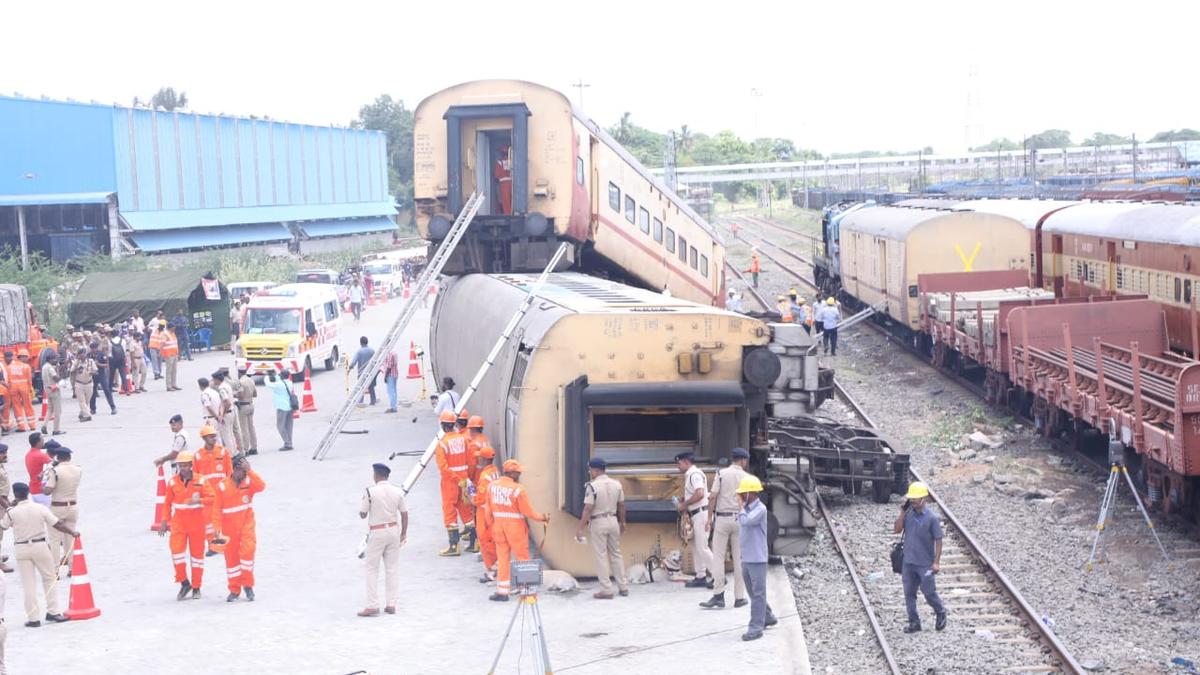ARTICLE AD BOX
Last Updated:June 28, 2025, 18:43 IST
Cardiovascular disease remains the top killer of women—not just Shefali, but countless others. It kills 10 times more women than breast cancer

Shefali Jariwala was reportedly declared brought dead at a Mumbai hospital on June 27. File pic
Actor and model Shefali Jariwala, popularly known as the “Kaanta Laga girl", tragically passed away on the night of June 27. At the age of 42, she is believed to have suffered a sudden cardiac arrest. In another recent case, 27-year-old textile trader Rushabh Gandhi collapsed due to cardiac arrest inside his shop in Surat’s Padmavati Textile Market. CCTV footage shows him slumping while seated, with no apparent warning signs. Just a few months earlier, in April, 20-year-old Varsha Kharat, a student in Maharashtra, collapsed while delivering a speech during her college farewell event—an incident that was also caught on camera and widely circulated. These back-to-back incidents raise a deeply worrying question: why are seemingly healthy young Indians succumbing to heart-related emergencies?
Sudden cardiac arrest occurs when the heart abruptly stops beating or is unable to pump blood effectively. The conversation around this growing trend gathered urgency after the death of singer KK in 2022. Kannada superstar Puneeth Rajkumar, TV actor Sidharth Shukla, and director Raj Kaushal are among several other celebrities who lost their lives to cardiac arrest at a young age.
Are Indians more vulnerable to heart attacks?
According to an extensive study, the Indian subcontinent has witnessed a sharp rise in cardiovascular deaths. Mortality due to coronary heart disease has more than doubled since 1990 and is projected to rise by another 50% by 2030. In 2017 alone, around 26 lakh Indians died from cardiovascular disease, making it the leading cause of death in the country.
Another study, the Global Burden of Disease, reports a cardiovascular death rate of 272 per 100,000 in India, significantly higher than the global average of 235 per 100,000. Researchers believe this is partly due to a higher prevalence of type-2 diabetes, insulin resistance, and other metabolic disorders among Indians compared to Europeans. These factors contribute to an increased risk of coronary artery disease at a younger age.
Women at greater risk?
Genetics plays a role, but so do lifestyle choices and limited awareness. Unfortunately, the risk is compounded in women.
“Heart disease is the leading cause of death in women, yet many still believe it’s a man’s disease," said Dr Subrat Akhoury, chairman–cath lab and interventional cardiologist, Asian Hospital. “Women often don’t experience the classic chest pain. Instead, they may feel nausea, fatigue, dizziness, or shortness of breath—symptoms that are easily overlooked or misdiagnosed."
Plaque builds up differently in women’s arteries, making diagnosis more difficult. Mental health is another important yet overlooked risk factor. “Anxiety and depression impact women more, especially post-menopause, when the risk of heart disease rises sharply," Dr Akhoury added. “But the good news is, most of it is preventable through awareness, regular screening, and healthy habits."
Dr Ashish Agarwal, director of cardiology at Aakash Healthcare, said, “Both globally and in India, women’s cardiac problems are rising. Cardiovascular disease remains the top killer of women—not just Shefali, but countless others. It kills 10 times more women than breast cancer."
According to NFHS 2020 data, 18.69% of Indian women aged 15-49 have untreated hypertension. “Early screening and management of risk factors like diabetes, hypertension, and cholesterol are crucial," Dr Agarwal said. “Shefali’s sudden passing is a stark reminder of how heart diseases can strike silently—even in those who seem outwardly healthy."
Post-Covid concerns and the vaccine debate
Since the Covid-19 pandemic, clinicians have reported an uptick in cardiovascular complications—including myocarditis, arrhythmias, and heart attacks—even in patients who had mild infections. However, there has been public speculation about the role of Covid-19 vaccines in these incidents.
A study published in the Indian Journal of Medical Research clarified that Covid-19 vaccination does not increase the risk of unexplained sudden death among young adults. Instead, risk was higher in individuals with a prior history of Covid hospitalisation, a family history of sudden death, and certain lifestyle and health factors.
Obesity, smoking, diabetes, high stress, and undiagnosed heart conditions remain significant contributors to the trend.
Shefali’s other battle: Living with epilepsy
Beyond cardiac concerns, Shefali had openly spoken about living with epilepsy for over 15 years—another condition that carries a significant emotional and physiological burden.
“Her experience illustrates the profound toll repeated seizures can take," said Dr Praveen Gupta, chairman, Marengo Asia International Institute of Neuro and Spine. “She described seizures striking at school, backstage, or even while travelling. That unpredictability affects not just physical health, but mental well-being and confidence."
Stress and anxiety—which Shefali cited as frequent triggers—are known to worsen neurological symptoms. “It’s vital to address both the physiological and emotional sides of epilepsy with a comprehensive care plan that includes medication, lifestyle changes, stress management, and psychological support," Dr Gupta said.
He credited Shefali for raising public awareness and breaking stigma around epilepsy—an effort that has helped countless others facing similar conditions.
What can be done?
Medical professionals are calling for urgent reforms in how India monitors and responds to cardiac health. Firstly, cardiac screening should be expanded in schools, colleges, and workplaces.
Early monitoring of blood pressure, sugar, kidney function, cholesterol, and stress levels must be encouraged, especially for those with a family history.
Basic life support training (CPR) for teachers, coaches, and business owners can be lifesaving in emergencies. Also, women-specific heart health campaigns are urgently needed to increase awareness, especially about non-typical symptoms.

Himani Chandna, Associate Editor at CNN News18, specialises in healthcare and pharmaceuticals. With firsthand insights into India's COVID-19 battle, she brings a seasoned perspective. She is particularly pass...Read More
Himani Chandna, Associate Editor at CNN News18, specialises in healthcare and pharmaceuticals. With firsthand insights into India's COVID-19 battle, she brings a seasoned perspective. She is particularly pass...
Read More
- Location :
- First Published:
News india Why Heart Disease Is The No.1 Killer Of Indian Women: Doctors React To Shefali Jariwala’s Death



.png)
.png)
.png)
















 2 hours ago
3
2 hours ago
3








 English (US) ·
English (US) ·